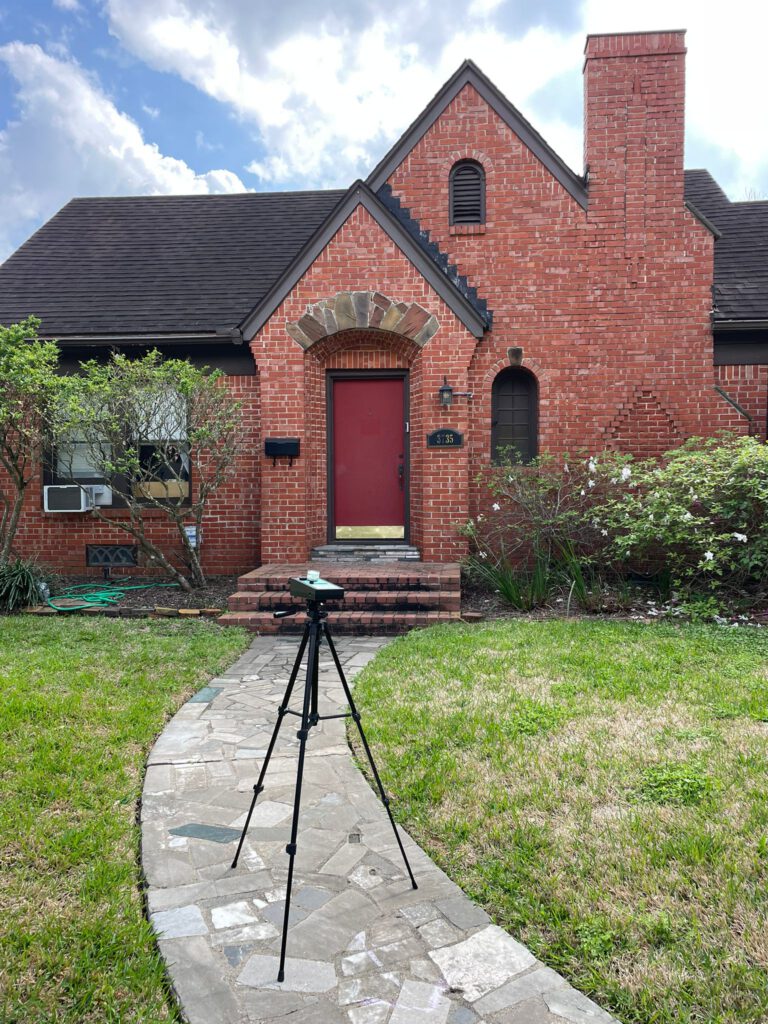Mold is a common issue faced by homeowners in Houston and can have serious consequences on both health and property. One effective way to tackle mold problems is through mold testing. However, many homeowners have questions and concerns about the process. In this blog post, we will address some of the frequently asked questions about mold testing and provide expert answers and advice. So, let’s get started!
- What is mold testing, and why is it important? Mold testing involves assessing the presence of mold spores and identifying the type of mold in a particular space. It helps in determining the extent of mold contamination, identifying the source of the mold, and guiding effective remediation efforts. Mold testing is important as it provides vital information for creating a safe and healthy environment for occupants.
- How is mold testing conducted? There are various methods for mold testing, including air sampling, surface sampling, and bulk sampling. Air sampling involves collecting air samples to analyze the concentration of mold spores. Surface sampling involves swabbing or tape lifting samples from visible mold growth. Bulk sampling involves collecting physical samples of materials with visible mold. These samples are then sent to a laboratory for analysis.
- When should I consider mold testing? Mold testing is recommended when you suspect mold growth but cannot visually confirm it. It is also advisable if you have experienced water damage or a history of moisture problems in your property. Additionally, if you or your family members are experiencing unexplained health issues that may be related to mold exposure, mold testing can help identify the problem.
- Can I conduct mold testing myself? While DIY mold testing kits are available, it is generally recommended to hire a professional mold testing company. Certified mold inspectors have the expertise, experience, and proper equipment to conduct accurate and reliable mold testing. They follow standardized protocols, ensuring accurate results and interpretation.
- How long does mold testing take? The duration of mold testing depends on various factors, such as the size of the property and the number of samples taken. Typically, the process can take anywhere from a few hours to a few days. The time required for obtaining laboratory results may vary, but it is usually within a week.
- Are there any health risks associated with mold testing? Mold testing itself does not pose significant health risks. However, it is important to note that disturbing mold during the testing process can release mold spores into the air, potentially causing health issues. This is another reason why professional mold testing is recommended, as they take appropriate precautions to minimize the risk of exposure.
- What happens after mold testing? Once the mold testing is complete, a detailed report is provided to the homeowner. The report includes information about the types and concentrations of mold found, the potential health risks associated with the mold, and recommendations for remediation if necessary. Based on the report, you can take the necessary steps to address the mold problem effectively.
Conclusion:
Mold testing is a crucial step in ensuring a safe and healthy living environment. By addressing the frequently asked questions about mold testing, we hope to have provided you with a better understanding of the process. Remember, when it comes to mold testing, it is best to rely on the expertise of certified professionals to obtain accurate results and appropriate guidance for remediation. Don’t hesitate to seek professional assistance if you suspect mold issues in your Houston home.






